If you’re buying a home, you might be wondering about the home inspection process.
Maybe you found the perfect home and you’re wondering if it will pass inspection. Maybe you’re wondering whether you’ll have to pay a lot of money to repair any issues after you move in (or, worse still, whether you’ll have to pass on the property).
Or maybe you’re just curious: what do home inspectors look for?
In this article, you’ll get a general idea of what home inspectors do (and do not) look for when inspecting a home, as well as some tips on reading your home inspection report.
What Do Home Inspectors Look For?
Home inspectors in Florida are subject to the Standards of Practice set forth in Florida law. These guidelines determine what a certified home inspector is required to inspect as well as what information goes into their reports.
This being said, the scope of your home inspection depends on the type of inspection being done.
1. Buyer/Seller Inspections
A buyer’s/seller’s inspection is sometimes called a full home inspection.
The purpose is to give the potential home buyers or home sellers a “snapshot” of the property’s current condition so they can decide whether or not to go through with the purchase.
Every home inspector is different, but at EDC, our full home inspections look at:
- Roof, vents, flashings, and trim
- Gutters and downspouts
- Skylight, chimney, and other roof penetrations
- Decks, stoops, porches, walkways, and railings
- Eaves, soffit, and fascia
- Grading and drainage
- Basement, foundation, and crawl space
- Water damage from water penetration and movement from a faulty foundation
- Air conditioning and HVAC system
- Main water shut-off valves
- Water heating system
- Interior plumbing, fixtures, and faucets
- Drainage sump pumps with accessible floats
- Electrical service line and meter box
- Main disconnect and service amperage
- Electrical systems, including the electrical panel, breakers, and fuses
- Grounding and bonding
- GFCIs and AFCIs
- Fireplace damper door and hearth
- Insulation and ventilation
- Garage doors, safety sensors, and openers
- And much more!
During the inspection, the home inspector is looking for the condition, safety, and working order of the house’s components.
Once a full inspection has been made, the inspector will draw up a report that lists all of the findings with suggested recommendations for repairing, replacing, or monitoring any issues.
2. Four Point Inspections
Four-point inspections are typically required by the buyer’s homeowners insurance company before they will issue a policy.
Four-point inspections are limited to four areas:
- Electrical
- Plumbing
- HVAC
- Roof/Structural
While they may be sufficient for an insurance company, four-point inspections are no replacement for a full buyer/seller inspection.
3. Wind Mitigation Inspections
A wind mitigation inspection focuses on the building’s ability to withstand windstorms, so the home inspector will primarily look at the roof and frame of the property.
In most cases, if your home passes the inspection, you can submit the report to your insurance company and receive a discount on your insurance premium.
4. WDO Inspections
A Wood-Destroying Organism (WDO) inspection looks for the presence of termites and other wood-destroying organisms (such as wood-boring beetles and dry rot).
It’s important to note that not every home inspector is a WDO inspector. You need to find a professional with the right qualifications and experience.
5. New Construction Inspections
New construction inspections are the most thorough, as they take place over the course of the entire building project.
At certain points during the property’s construction, your home inspector will examine the work completed thus far and ensure that everything complies with local building codes (as well as your purchase order).
Also known as progressive home inspections, this is an excellent way to ensure that your brand-new home is actually move-in ready.
What Don’t Home Inspectors Look For?
It all sounds very thorough, but there are some things that aren’t covered during an inspection.
For starters, a home inspection generally can’t offer a prediction on how many years the roof or water heater has left or how much it costs to run the A/C during the summer.
Your inspector will not knock down walls, test for radon (in most cases), pull up carpet, or inspect any area of the house that cannot be accessed. They will also not do anything that could harm themselves or the house in the name of a more thorough inspection. (The exception to this is the thermal imaging scans that we offer with every full inspection.)
And if they do uncover an issue, they will not (or should not) be the ones to repair it. While it might sound inconvenient, this is to prevent dishonest inspectors from exaggerating or inventing issues and then charging you to “fix” them.
What You Should Look For
Unless you’re familiar with construction, the inspection report can be a little intimidating.
Out of the long list of findings and pictures, how do you know which ones are urgent and which can be put on the back burner for a while?
For starters, look at the summary of the report, which usually lists the major issues that must be fixed first. These are the serious problems that pose a safety hazard or would be extremely expensive to fix.
Some red flags to watch out for include:
- mold (our humid Florida climate makes this a year-long concern),
- termites,
- asbestos (especially in older homes),
- a roof that needs replacing,
- broken water heater,
- plumbing leaks, and
- foundation damage.
Each of these could be very costly to repair and might even affect whether you move forward with the sale. If you are getting a seller’s inspection, having a current, accurate view of your property’s condition will help you to settle on an appropriate asking price and manage your expectations about the selling process.
Conclusion
A home inspection is only as good as the inspector you hire, so make sure you find someone with the right education, experience, and qualifications for the job.
While all inspectors have a standard to live up to, inspection quality can still vary widely from inspector to inspector. This is why it’s important to be as thorough as possible when selecting someone who will potentially be making or breaking the purchase of your next home.
The owner of EDC, Erik Coplin, is a Master Inspector with more than 1,000 inspections to his name. At EDC, we always go above and beyond for every inspection and our turn-around for reports is usually under 24 hours. All of our full home inspections come with a free 100-day warranty for added peace of mind.
Having the most thorough and accurate home inspection possible is worth every penny. Make sure you hire a home inspector who holds up to your standards as well as the State of Florida’s.
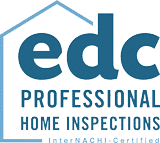

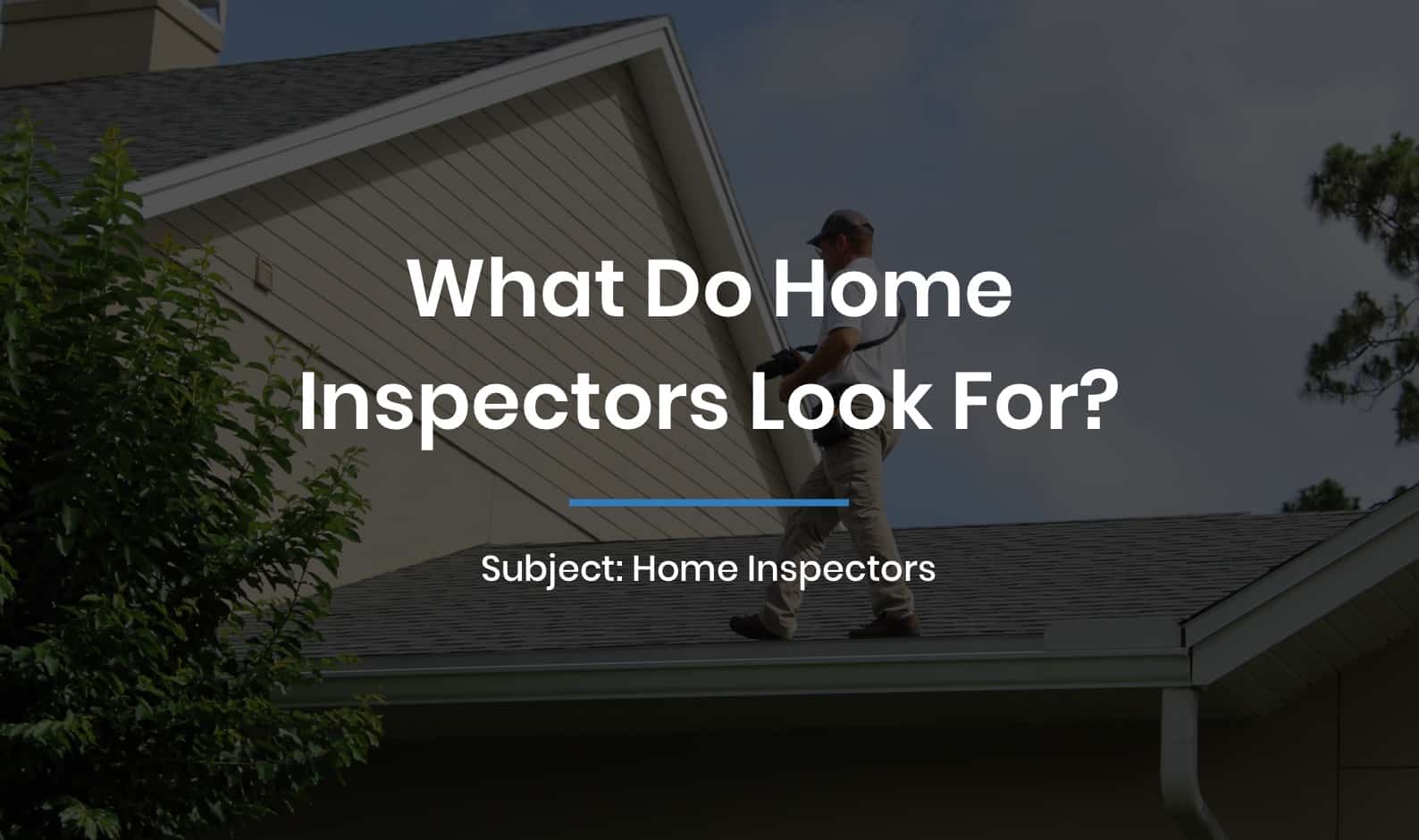
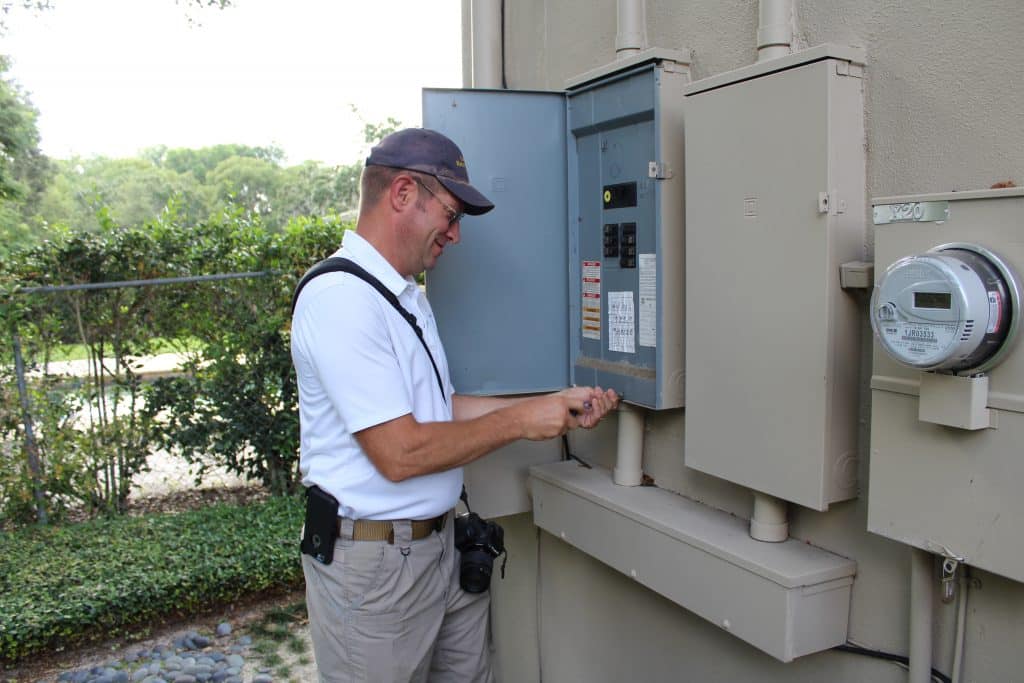
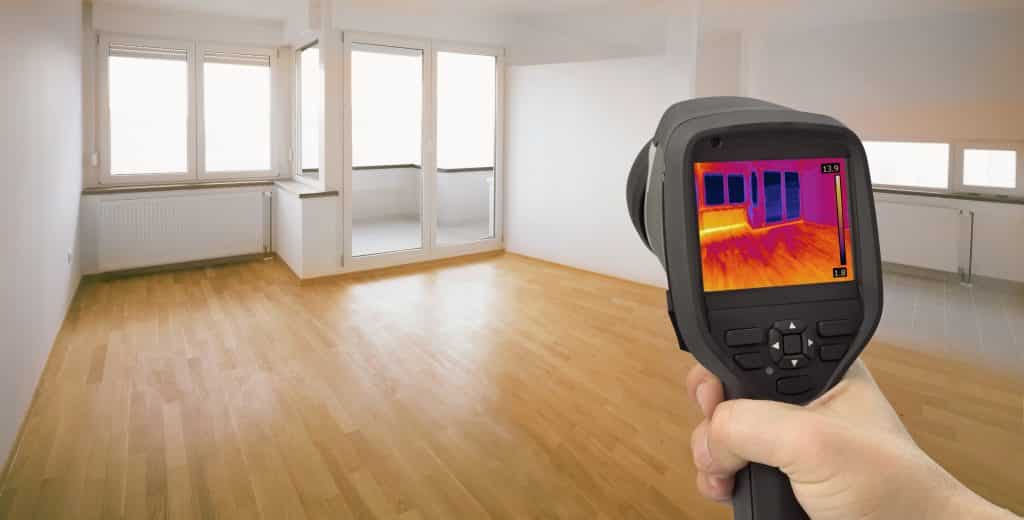
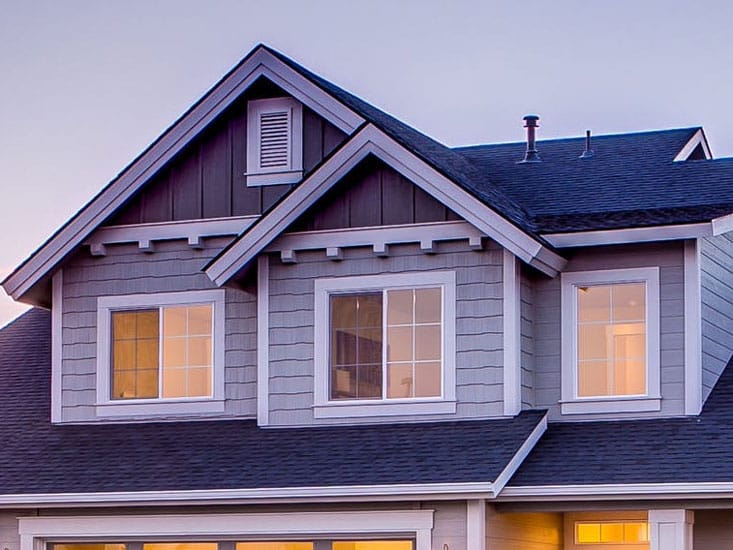
2 Comments
If a mobile home needs new flooring ( carpet or tile or plank flooring) will it pass a inspection
These are cosmetic items. Additionally, there is no pass/fail for a home inspection. Your inspector may recommend replacing the flooring due to condition, but it is up to you whether that is an issue or not.